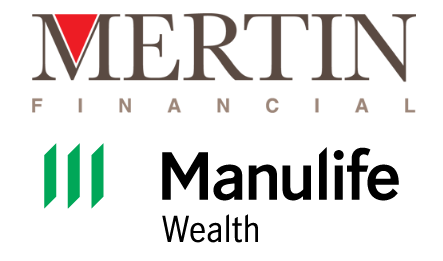Long-Term Care
Since the 1920s the ratio of seniors over the age of 85 has doubled to one out of every 10 people. This number is to increase, to five times the current demographic, into the 2050s according to Statistics Canada. That means that half the population in 40 years, will be over age 85.
Long-Term Care Insurance (LTCI) is an insurance contract with an insurer that is designed to provide care for our own chronic illness, disability, or an accident, all which have a higher potential of occurring as we age.
When our health is fine, it is hard to imagine that we may as many will, lose the ability to manage our basic daily activities such as bathing, toileting, walking, dressing, feeding, or moving from our bed to a chair. Many also lose mental faculties that we often take for granted such as memory, logical or conceptual thinking, or referencing dialogue with others. Without assistance it is near-impossible to function without these capacities.
LTCI protects our families from the financial strain of providing long-term care, just as importantly as life and disability insurance protect the income of younger families. The ultimate question is who will financially support long-term care for you? LTCI is not just for seniors but for those who become similarly incapacitated at any age.
It is important to independently plan for our own long-term care because our government healthcare budgets and initiatives are limited. Facilities are often understaffed with overworked or burned out employees. Strict regimes are often the norm where the government foots the bill in both government- and privately-run institutions (many private companies provide government-funded care). For example, bathing can be limited to twice a week, toileting to three times a day, elders may not allowed to take a nap, and most are all placed in bed at 8:00 pm to be awakened to prepare for breakfast at dawn. These are the governmental necessities where a limited budget provides extensive health care for the aging populace.
The majority of us understand the need to save for retirement that can provide an income sufficient to meet our lifestyle expenses. However most people entirely overlook the enormous expense of paying for a private long-term care facility (some cost up to a quarter of a million dollars for five years). Why are they so expensive? They offer 24/7 high-level nursing care in a highly secure environment. Note: Anyone can call a few private long-term care companies and inquire about the cost for their care.
The time is fast upon us when aging baby boomers starting to retire will increasingly depend on long-term care, either paid for by themselves, their children and/or professional health care services.




















